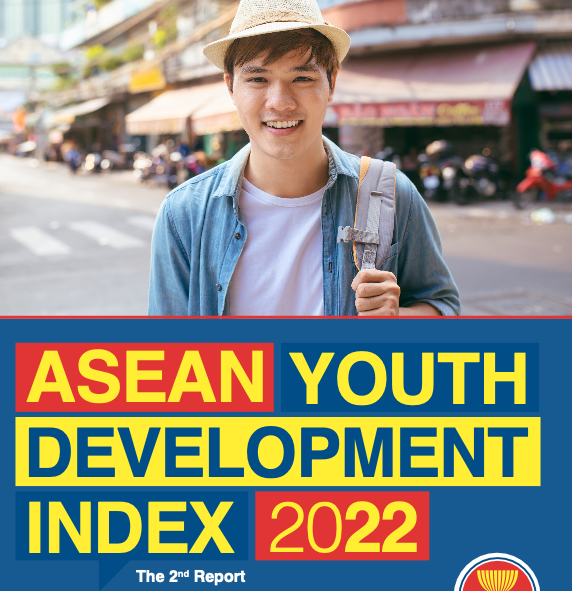Myanmar is falling apart, but ASEAN says its Youth Development Index is improving
According to a report released last week, young people in Myanmar have seen progress especially between 2021 and 2022, i.e. during the civil war. The authors of the study include officials representing Myanmar’s military junta. While fighting continues in border states, some cities are reporting explosions while human trafficking is up with victims taken to regions bordering China.
Yangon (AsiaNews) – Last week the Association of Southeast Asian Nations (ASEAN) unveiled the second edition of its Youth Development Index (YDI) covering the period 2013-2022; however, the study raises several questions about the data on Myanmar, which has been torn by a brutal civil war for the past two years ago.
After the military seized power on 1 February 2021, young people began to put up a resistance – first peaceful, then armed – quitting their jobs, education and families.
As Myanmar’s Armed Forces are pitted against local ethnic militias, both have been recruiting minors to fight, local sources report. One effect has been the rise in drug use and suicides among young people, who, after a decade of democratic openings, had high hopes for a different future.
The ASEAN study suggests that young people in Myanmar have made great progress in education, health and well-being under the government of the National League for Democracy (NLD) led by Aung San Suu Kyi, who was ousted by the military and now in prison.
With the support of the United Nations Population Fund, Myanmar’s former government promoted development across the country, launching a national youth plan in 2018. Yet, the ASEAN study claims that the greatest improvements for young people occurred in 2021 and 2022.
This seems highly unlikely. Looking more closely at the report, one sees that the probable reason for so much optimism is the presence of two representatives of Myanmar’s military junta in the team appointed to draft the document.
Recently, Dr Sasa, minister of International Cooperation and representative of Myanmar’s exiled National Unity Government (NUG) – which is made up mostly of former NLD lawmakers – posted images of yet another civilian massacre by the military in the northern region of Sagaing.
Junta troops allegedly entered Sokyaung village, Yin Mar Pi municipality, at night, and killed scores of people, a claim that the military regime’s Telegram channel dismissed, saying it was perpetrated by the NUG’s armed wing, the People's Defence Forces.
For Dr Sasa, “In the last 27 months alone, the genocidal military has killed more than 4,000 civilians, including 800 children, unjustly arrested more than 23,000 civilians,” not to mention, “destroyed more than 70,000 homes, including schools, hospitals, and places of worship.”
According to United Nations data, almost two million people have been displaced across the country, while 18 million are in need of urgent humanitarian assistance.
In Demoso Township, in the eastern Kayah State, refugees have fled into hills and woodland, sheltering in caves to avoid attacks from the military using weapons from Russia and China.
In the western Chin State, the military have taken some military outposts held by the Chinland Defence Force (CDF) near the city of Thantlang, once a tourist destination with a population of about 10,000, now deserted, reduced to a pile of rubble.
According to a spokesperson for the local resistance, the military’s campaign was successful thanks to the air force. Human rights groups have called for sanctions to be imposed on those who sell fuel to Myanmar’s junta allowing its planes to fly.
The situation in the country's big cities is no better. According to Radio Free Asia, explosions were reported recently in Lashio (Shan State), Yangon and Mandalay. No one has claimed responsibility.
As a result of the civil war, regular police are unable to do their job. This has led to an increase in human trafficking in the northeastern part of Shan State, on the border with China.
The area is controlled by the United Wa State Army (UWSA), a very powerful militia involved in illegal activities, like arms and drugs trade, prostitution (brothels), and casinos along the border with China whose currency, yuan, has become the de facto unit of payment.
According to some observers, although the UWSA has provided weapons and training to other ethnic militias in the country, it is taking advantage of the civil war to build a completely autonomous enclave.
31/05/2021 11:25
13/03/2023 18:13







.png)










